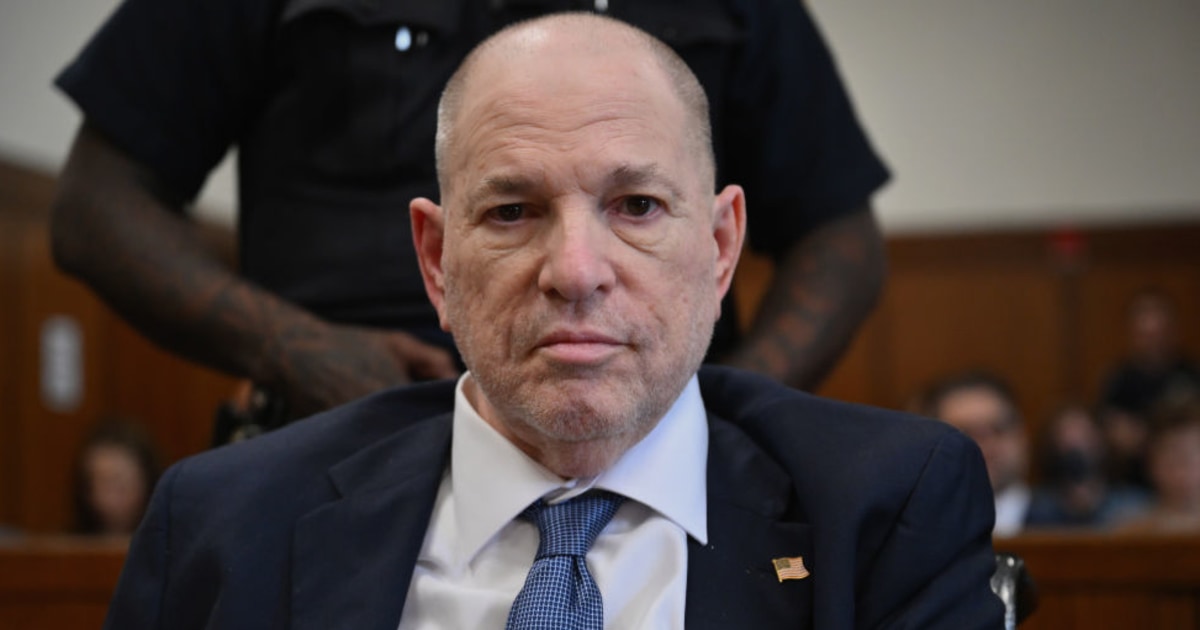Manhattan Prosecutors Consider New Indictment Against Harvey Weinstein
Manhattan prosecutors are evaluating new allegations of sexual misconduct filed against Harvey Weinstein and are contemplating seeking a new indictment before his anticipated trial later this year. Assistant District Attorney Nicole Blumberg disclosed at a court hearing that new assault allegations have recently emerged against Weinstein. Some potential victims who previously refrained from coming forward during Weinstein's first trial in New York might now be willing to testify.
When asked by Judge Curtis Farber if a new indictment was possible, Blumberg affirmed: 'Yes, your honor.' The prosecutors will provide an update on the case’s direction by the end of June, with the new trial scheduled post-Labor Day. Weinstein, appearing in court via wheelchair amid ongoing medical issues, is optimistic that no new accusers will strengthen the prosecution’s case, according to his lawyer, Arthur Aidala.
Prosecutors have been asked to protect the identity of the survivors, ensuring that they feel comfortable to come forward. This move comes shortly after the New York Court of Appeals ruling which criticized the initial trial for admitting unnecessary testimony from other alleged victims that could unduly influence the jury.
Impact of the New York Ruling on #MeToo Movement
Weinstein's 2020 conviction, which allowed the testimony of multiple women regarding past misconduct, was overturned in New York, citing it as prejudicial. This decision has stirred mixed feelings; while Weinstein's legal team views it as a step towards justice, his accusers and their supporters see it as a setback in holding perpetrators accountable. The case continues to unfold against the backdrop of Weinstein's 16-year prison sentence in California for another rape conviction.
The #MeToo movement, which gained momentum in 2017 with the initial wave of accusations against Weinstein, highlights the system's struggle with balancing testimonies of prior bad acts and the actual evidence of the crime. While Weinstein’s legal battles continue, the broader implications on the pursuit of justice for sexual assault survivors remain a significant focal point.
- The previous trial involved testimonies from several women including Miriam 'Mimi' Haley and Jessica Mann. Haley alleged Weinstein performed non-consensual oral sex on her in 2006, while Mann described being raped by Weinstein in 2013. Their testimonies were vital in the initial conviction, but their willingness to testify again remains uncertain amid the new developments.
- In addition to the main accusers, three other women provided accounts of similar abuse in Weinstein’s first trial, painting a pattern of misconduct. The appeal ruling stated these testimonies, though compelling, were prejudicial as they led to overshadowing the direct evidence relevant to the specific charges.
- Weinstein's lawyer, Arthur Aidala, continues to challenge the credibility of the accusers, insisting that the defense is prepared for rigorous cross-examination should the retrial proceed. The ruling to annul Weinstein’s original conviction underscores the legal intricacies involved in prosecuting sexual misconduct cases, signifying a critical juncture for both legal standards and the expectations of justice system within social movements like #MeToo.






